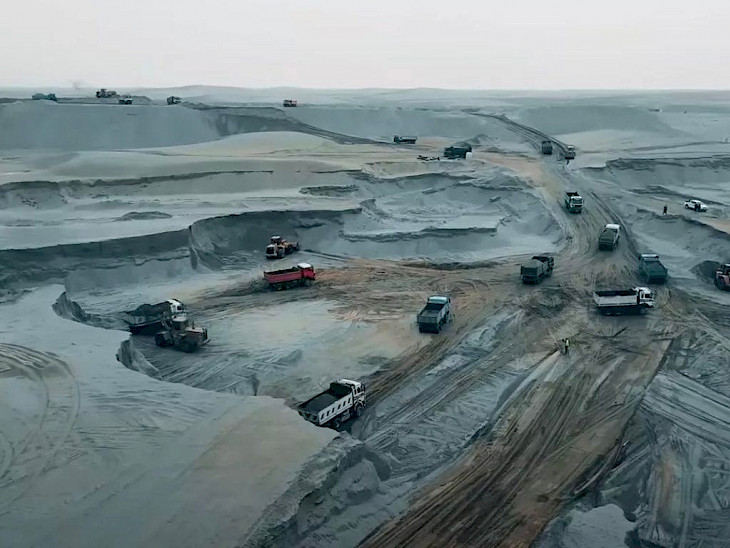Back on October 11, the Taliban completed the first stage of construction of the Kushtepa canal and moved on to the second phase of the project. A delegation of senior officials said that Afghanistan will achieve self-sufficiency in grain cultivation by irrigating the land with water from the Kushtepa canal, which will be obtained from the Amu Darya.
Afghanistan has every right to dispose of water from the Amu Darya, the message said.
The Taliban also added that their intelligence agencies and army are ready to respond if neighboring countries try to obstruct the construction of the project.
The Afghan government tried to reassure Uzbekistan, saying that the problems that had arisen could be resolved diplomatically. However, not only Uzbekistan, but the entire world community is very concerned about this project, Nova24.uz reports.
Construction of the facility began in March 2022. Its length will be 285 km, width 100 m and depth 8.5 m. The project will cost $684 million, which was allocated from Afghan government funds.
According to forecasts of the Eurasian Development Bank, the expected water intake from Pyanj by the Kushtepa canal in the amount of up to 10 km3 affects the interests of Turkmenistan and Uzbekistan. As a result of such a large-scale withdrawal of water in the upper reaches of the Pyanj in the middle and lower reaches of the Amu Darya, even in years with normal water availability, an unrecoverable water deficit will arise, which will cause water stress for all sectors of the economy of these countries. The characteristic long periods of low water, causing the complexity of water supply, may become even more aggravated with the completion of project construction.
The stated purpose of the canal construction is to irrigate 3 million jerib of land (1 jerib - 2,000 sq.m) in the provinces of Balkh, Jawzjan and Faryab and provide employment to about 250 thousand people. The Taliban want to complete the project by 2028, but experts are already having concerns.
Afghan engineer Najibullah Sadid doubted the Taliban's ability to manage complex engineering work due to the canal's dirt bed, which causes large water losses. He also added that the Taliban are in a hurry to complete the simplest stage of construction.
Moscow State University scientists practically call this project a disaster for Central Asia. They say Uzbekistan and Turkmenistan could lose up to 15% of irrigation water from the region's main river. In addition, the matter will not end with the Kushtepa canal: it is planned to build the Dasht-i-Jun hydroelectric complex, which can accumulate most of the summer flow of the Pyanj River. Thus, the Taliban are going to take the lion's share of water from the northern transboundary rivers.
The implementation of these two projects, according to experts, could entail not only economic and social problems in Uzbekistan and Turkmenistan, but also an environmental disaster throughout Central Asia.
CentralAsianLIGHT.org
November 29, 2023

